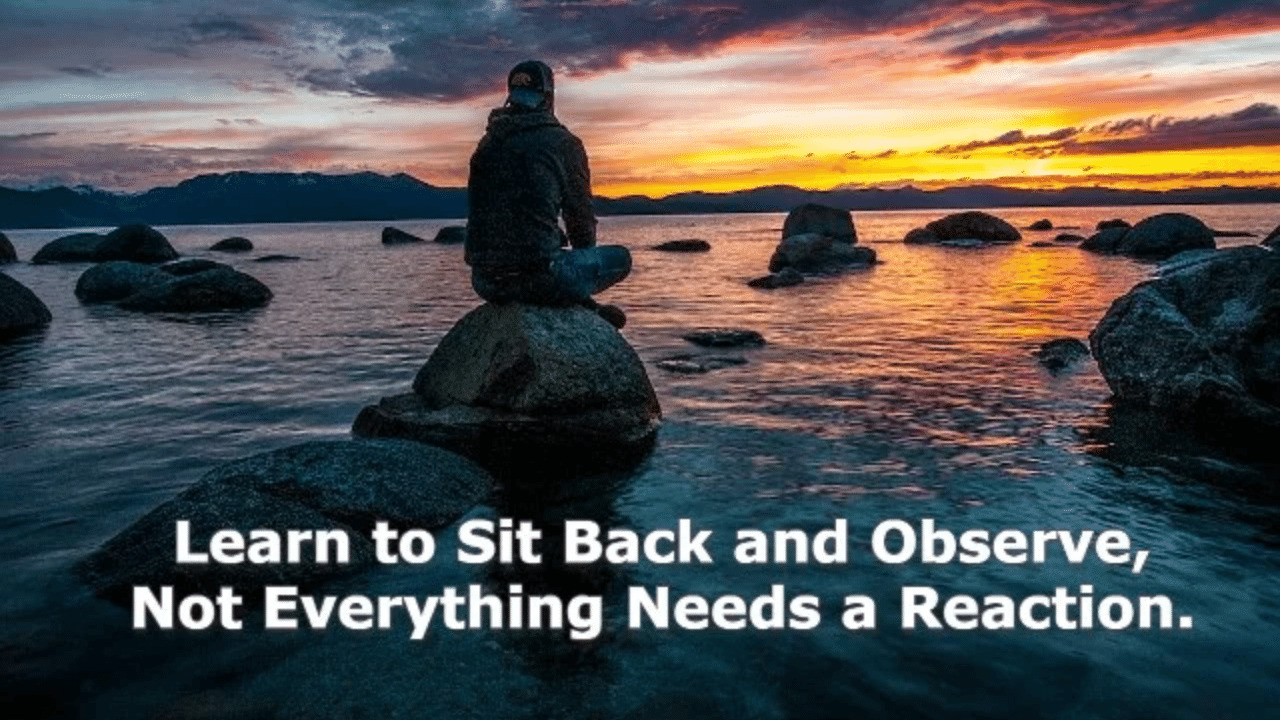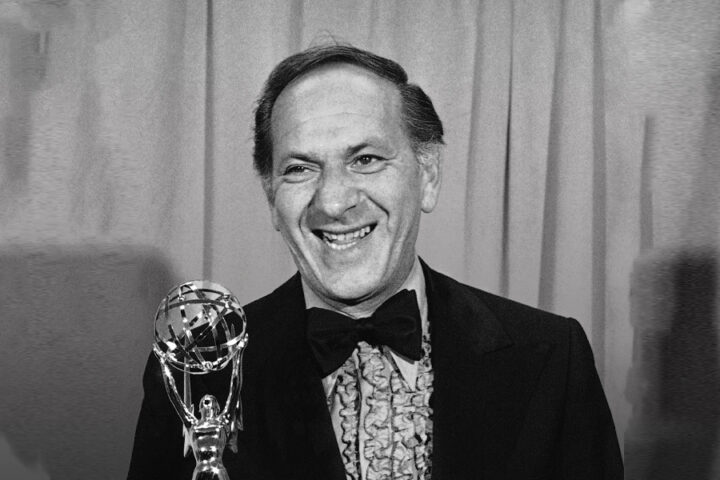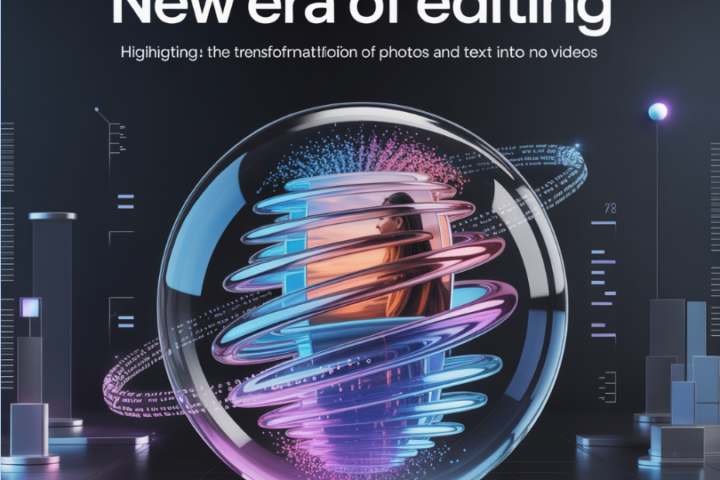In the fast-paced world where instant reactions are often valued over thoughtful responses, the ability to sit back and observe is becoming increasingly precious. This article, inspired by the ethos of ‘Tymoff’ – a philosophy emphasizing the importance of observation and reflection in our daily lives – explores why not everything necessitates an immediate reaction.
The Power of Observation
Observation is a silent yet powerful skill that allows us to absorb and process information before acting. It involves more than just seeing; it’s about understanding and interpreting what’s happening around us. When we learn to observe effectively, we gain insights into behaviors, emotions, and situations that might be overlooked.
Why Observe?
Observing can lead to better decision-making. By taking a step back, we give ourselves the space to consider various outcomes and the impact of our actions. This can prevent misunderstandings and conflict, allowing us to respond rather than react. For instance, observing the dynamics and culture in the workplace can help new employees understand their environment better before jumping to conclusions or actions.
Enhancing Personal Relationships
Observing can help us understand our partners or friends more deeply in personal relationships. We can offer support or give space when necessary by noticing changes in their mood or behavior. Observation helps build empathy, a crucial element in strengthening connections with others.

The Art of Not Reacting Immediately
In many situations, our first instinct is to react. Whether it’s a comment on social media, a remark from a colleague, or a stressful situation at home, the impulse to respond immediately can be strong. However, learning to control this impulse and not reacting instantly can be beneficial in several ways.
Social Media and Instant Reactions
Social media platforms are designed to encourage quick reactions. However, this can often lead to regrettable decisions or unnecessary conflicts. By learning to sit back and observe, we can form more considered opinions and engage in a manner that reflects our true intentions.
Professional Environments
In professional settings, immediate reactions can sometimes lead to decisions that are not well thought out. The ability to pause and reflect can result in more strategic and effective responses. It also shows maturity and professionalism, which are highly valued in any workplace.

Observational Learning
Observational learning is a process where learning occurs through observing others. It is a fundamental way that humans learn. Not only does this apply to children who learn from adults, but adults also continue to learn from observing each other.
Learning from Others
By observing how others handle situations, resolve conflicts, or make decisions, we can learn effective strategies and behaviors without the need to experience each scenario personally. This can be particularly useful in new or unfamiliar situations.
Mentoring and Leadership
Leaders and mentors who can sit back and observe are often more effective. They provide space for their teams to explore solutions independently while being available to guide or intervene when necessary. This fosters an environment of growth and self-reliance.
Cultivating Patience Through Observation
Patience is a virtue that is closely linked to the ability to observe. By delaying our reactions, we cultivate patience, which can lead to more peaceful and fulfilling personal and professional lives.
Benefits of Patience
Patience allows for a deeper understanding of events and can prevent hasty decisions that might lead to errors or regrets. It also reduces stress and promotes a more harmonious environment at home and work.
Practicing Patience
Practicing patience can be challenging, especially in situations that trigger strong emotions. However, through consistent practice, it becomes easier. Techniques such as mindfulness and meditation can aid in developing the ability to sit back and observe.

Concluding Thoughts
The philosophy of “Learn to sit back and observe. Not everything needs a reaction” is not about inaction. It’s about intelligent action. It’s about making smarter choices by giving ourselves the time to absorb and process the information that comes our way. Observing before acting provides a powerful tool to navigate our world more effectively, whether in our personal lives, social interactions, or professional decisions.
Adopting a more observational approach in our daily lives can lead to more meaningful interactions, reduced stress, and a more thoughtful existence. As we navigate a world saturated with information and stimuli, let us remind ourselves that sometimes, the best reaction is no reaction.






